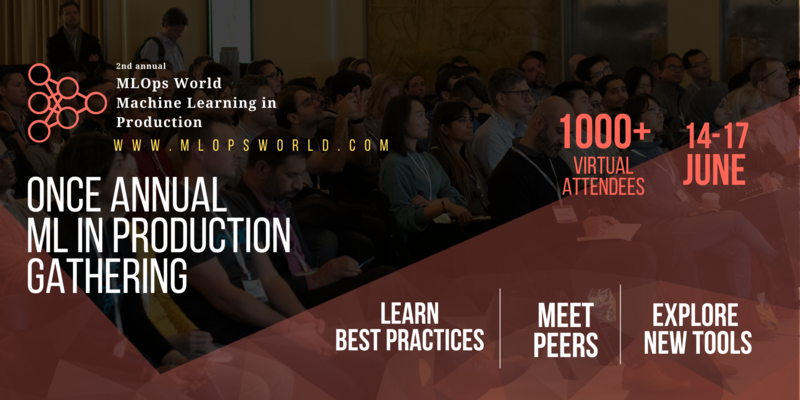Krishna Gade is the founder and CEO of Fiddler AI, an AI Observability startup that helps AI-forward organizations build trusted AI solutions and connect model outcomes to business KPIs. Fiddler addresses problems in model monitoring, explainability, analytics, and fairness.
An entrepreneur and engineering leader with strong technical experience in creating scalable platforms and delightful products, Krishna previously held senior engineering leadership roles at Facebook, Pinterest, Twitter, and Microsoft. At Facebook, Krishna led the News Feed Ranking Platform that created the infrastructure for ranking content and powered use-cases like Facebook Stories and recommendations like People You May Know, Groups You Should Join, etc. Krishna’s team built Facebook’s explainability features like ‘Why am I seeing this?’ which helped bring much-needed algorithmic transparency and, thereby, accountability to the News Feed for both internal and external users.










